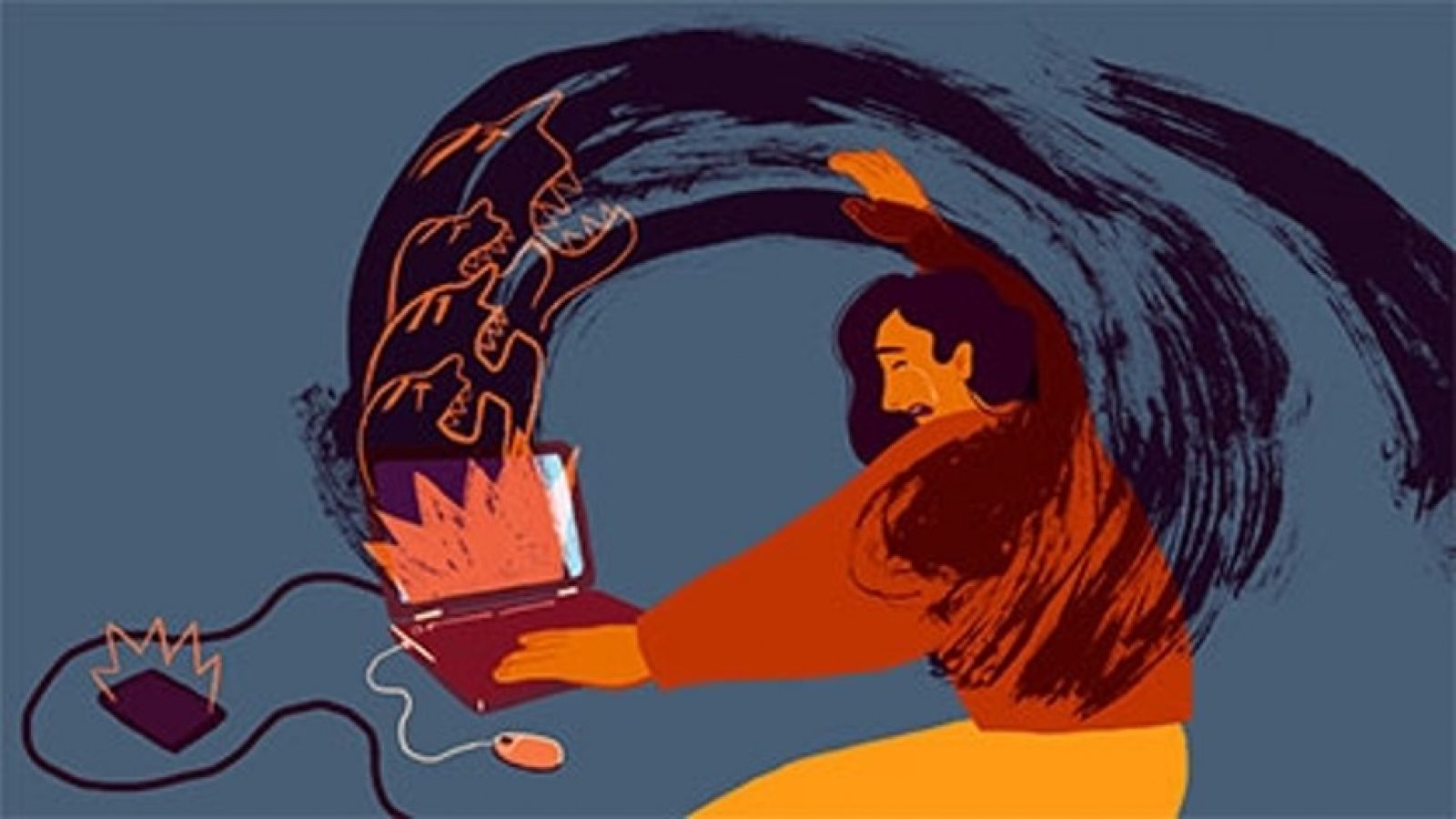Trigger Warning: Mention of rape and violence
As the 2023 Men’s Cricket World Cup drew to a close in November last year, the Indian team who were favourites to win the tournament, lost the Final to the Australian cricket team. While a lot of Indian fans took to social media to express their disappointment, some even went to extreme lengths to target opposition players as well as the women in their families with trolling and abusive posts.
Australian cricketer Glenn Maxwell’s wife Vini Raman was one of the people targeted. Raman, who is of Indian origin, was not only abused but also shamed for showing support for the Australian team.
“Can’t believe this needs to be said BUT you can be Indian and also support the country of your birth where you have been raised and more importantly the team your husband plus father of your child plays in…” she clarified as part of an Instagram post.
Maxwell’s partner was not the only one at the receiving end of the hateful comments. The wife and daughter of his teammate Travis Head, who scored a century and was awarded ‘Player of the Match,’ were also the targets of online abuse.
The misogyny runs deep – in cricket as well as on social media
Gendered violence against women in online spaces is not a new issue. In the above-mentioned cases, the misogynistic backlash that the women received was simply by association with a male sportsperson, even though they were not directly responsible for the outcome of the match in any way.
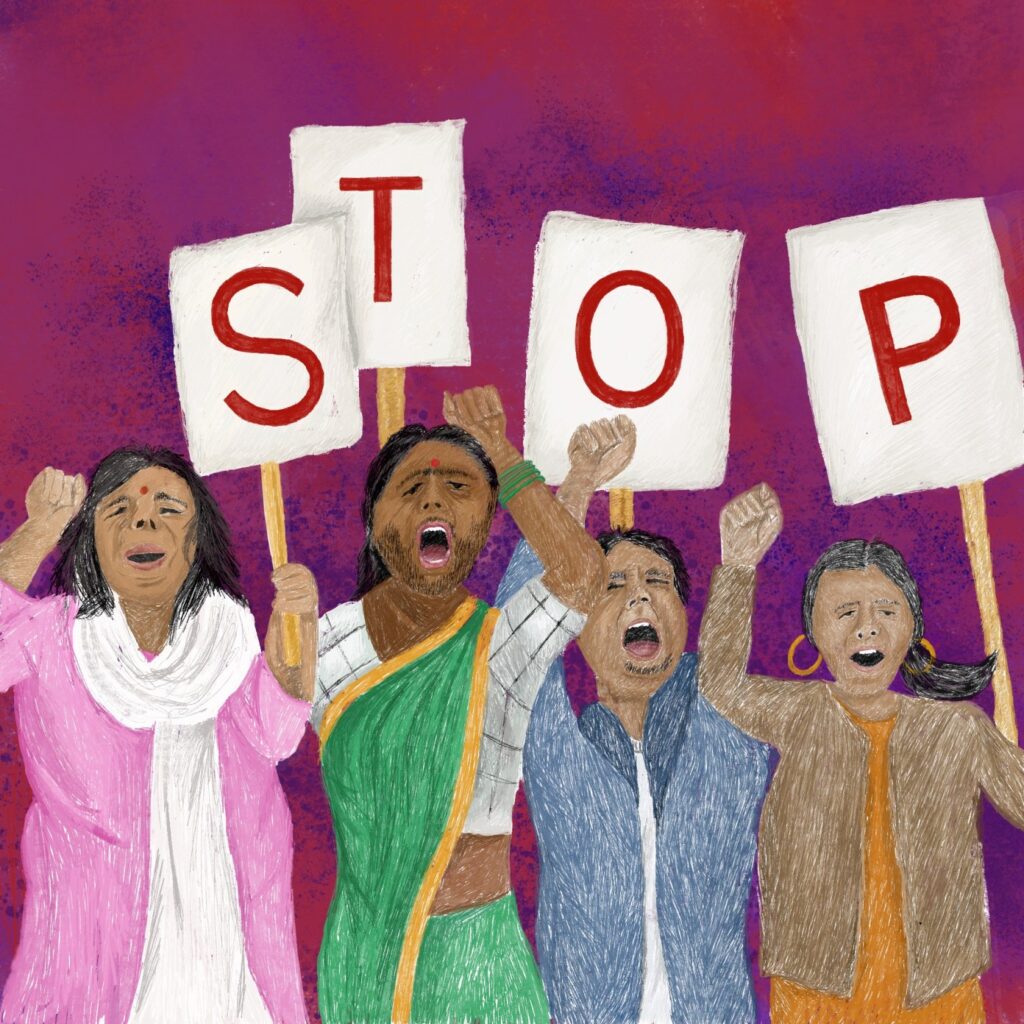
Contributing to this is also the fact that cricket in India is a sexist space in itself. Former cricketer Harbhajan Singh’s recent remarks on women’s understanding of cricket, and the lack of public attention received by the Indian Women’s Cricket Team are just a few examples.
Hypermasculinity, an extension of sexism, places undue emphasis on aggression, entitlement and winning at any cost. So when there isn’t a win, there must be a convenient target to blame. This is how women become easy targets for fans and trolls to launch their frustrations at. In a sense, women are always the collateral damage no matter who wins or loses the actual game.
This sort of toxic fan culture on social media, a byproduct of hypermasculinity, has made the sport even more exclusionary in several aspects. By virtue of how social media operates one of its pitfalls is that it provides the garb of anonymity essential for abusers to unleash all kinds of violence against women. And so this worrying trend continues, rooted in deep-seated misogyny and a hypermasculine fan culture.
This World Cup has not been the first time where such incidents have taken place. Indian cricketers’ families, especially women, have constantly been targets of online hate when the players fail to perform on the field.
Senior Indian cricket player Virat Kohli’s wife and accomplished Bollywood actor Anushka Sharma has been at the receiving end of trolling and abuse on several occasions when Kohli’s sporting performances have been lacklustre. Most recently, she was termed as a panauti (bringer of bad luck) for being present amongst the spectators when India lost the World Test Championship in June 2023.
This is how Indian fan culture reduces the identity of a woman to merely her function or relation to a man – ‘wife,’ ‘distraction,’ and ‘bad luck,’ taking away her right to exist independently.
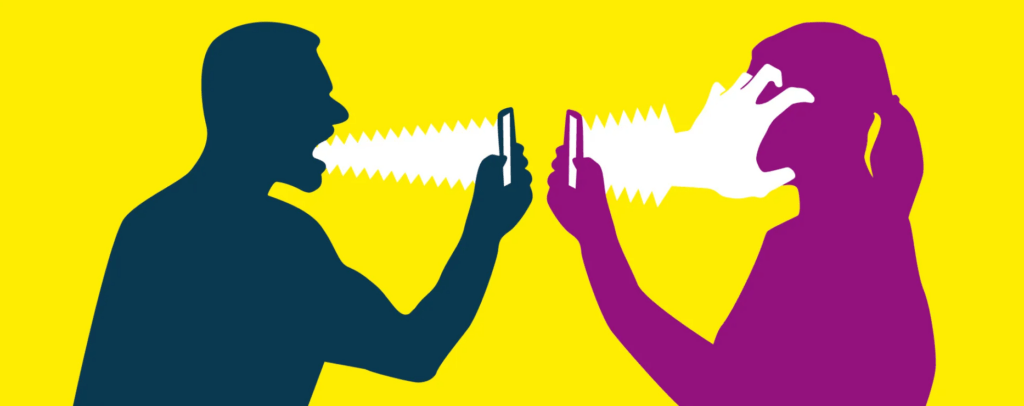
Their daughter Vamika was not spared from the online vitriol either when Kohli stood up to defend his teammate Mohammad Shami against religious hate and online attacks for his subpar sporting performance in 2021. There were rape threats made against Vamika, a 10-month-old infant at the time.
What is interesting here is when Kohli put up a stellar performance in the World Cup semi-finals, recording his 50th One Day International (ODI) hundred, Anushka Sharma was denied any credit by a section of social media users. Rationally speaking, even though her presence does not bear any direct correlation to any of his sporting performances – good or bad, she is distanced from his achievements but still bears the brunt of his failures.
Is the internet making us crueller?
Research has established that the ‘dissociative anonymity,’ provided by the internet enables people to express their feelings exaggeratedly as compared to how they would express them in real life – a phenomenon known as the ‘Online Disinhibition Effect.’
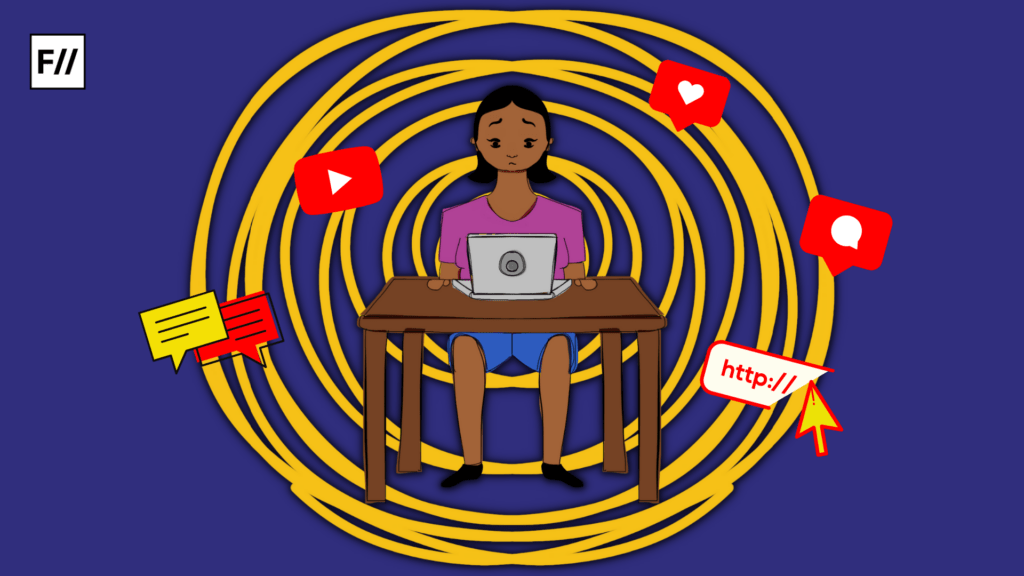
“People may be rude, critical, angry, hateful, and threatening, or they visit places of perversion, crime, and violence – territory they would never explore in the real world. We may call this toxic disinhibition,” the study proposes. Combine that with the rampant creation of fake and bot accounts on social media, and we have a recipe for not just lowered accountability but also increased violent and hateful speech towards minority groups including women.
In May 2023, Indian cricketer Shubhman Gill scored a hundred and paved the way for his team Gujarat Titans to reach the playoffs of the Indian Premier League (IPL), knocking out rival team Royal Challengers Bangalore (RCB) in the process. This led to his younger sister, Shahneel Gill, becoming the target of all manner of obscene and abusive social media posts from RCB fans.
The Delhi Commission for Women (DCW) took cognisance of the incident and directed the Delhi Police to file an FIR regarding the same. “She is also being threatened of rape and assault on social media which is an outrightly criminal act,” DCW Chief Swati Maliwal was reported to have said.
According to data from the National Crime Records Bureau (NCRB), reported cyber crimes against women spiked by 136 per cent in the 5 years between 2018 and 2022.
A recent study by Bengaluru-based social justice NGO IT for Change found that the biggest obstacle in tackling online gendered violence was that Indian courts considered it less serious or “less real” than offline crimes. The study pointed out that both worlds “are connected and actions online can lead to real harm and vice versa.”
Online misogyny impacts the way women engage with the cyber-space, often silencing and excluding them from this space, and impacting their social, economic, as well as health outcomes. The normalisation of this kind of violence will only lead to a reinforcement of institutional gender disparities.
“The hierarchies of the real world are all too often not effaced in the virtual world; instead, they are reborn and reconstructed in such a way that new mediums become the sites for old discriminations,” writes Dr Anja Kovacs in her piece on online verbal abuse faced by women in India.
Male entitlement and online violence against women
In a pattern similar to his former teammates’ families, former Indian cricket team captain Mahendra Singh Dhoni’s wife Sakshi and daughter Ziva have also been subjected to online sexual violence in the form of rape threats after an IPL match loss for Dhoni’s team Chennai Super Kings.
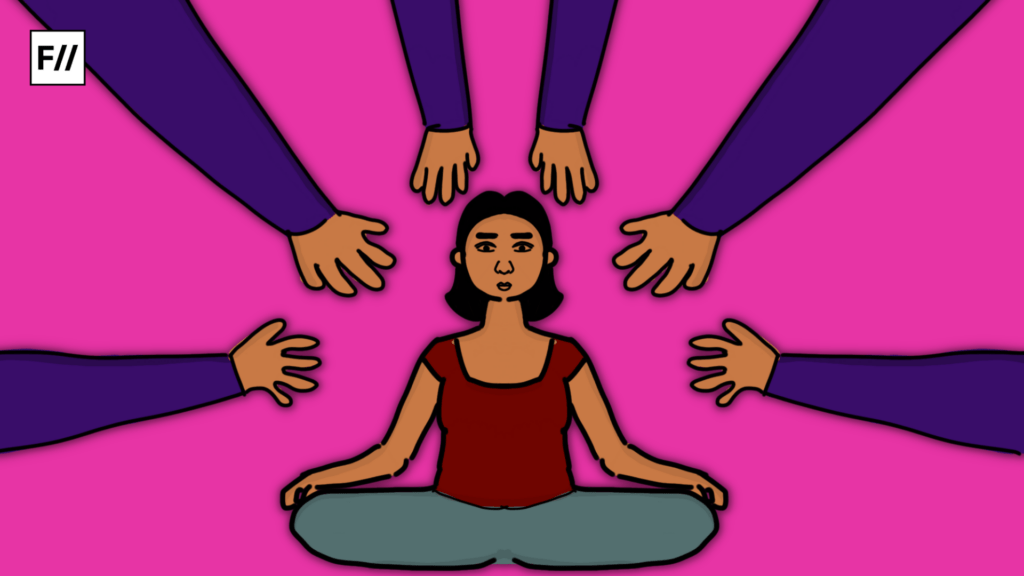
Rape, and by extension rape threats, have more to do with power and assertion of power in a gendered dynamic. Therefore in a patriarchal sense, by asserting their power over these women, they are also maintaining supremacy over their supposed ‘protectors‘ – the husbands, fathers, or brothers.
“Women are never their own; who they are and how they present themselves reflects on their husbands’ masculinity, their children’s success, their families’ honour,” write Rajvi Desai and Liesl Goecker, elucidating how wives of cricketers often become punching bags for nationalist or sporting pride.
“Flip it the other way and we come across a void – Kohli is never blamed if Sharma’s movie is not a hit. This also reflects how we view traditional masculinity in society; it’s a trait to be worshipped and protected at all costs,” they note.
When such misogynistic online violence surfaces, it also brings into focus how men automatically feel entitled to any female body present in the public domain – be it on the internet or in real life. Kovacs and her colleagues point this out in their study – to be a woman online is akin to being a woman walking the streets of an Indian city, claiming the public sphere, transgressing an unwritten law of patriarchy by crossing over into a space that isn’t meant to be hers.
About the author(s)
Divyani is a media and research professional with a background in critical cultural theory. Her core interest areas are digital cultures, sexuality, and mental health. She loves annoying her cat and a good cup of coffee.
